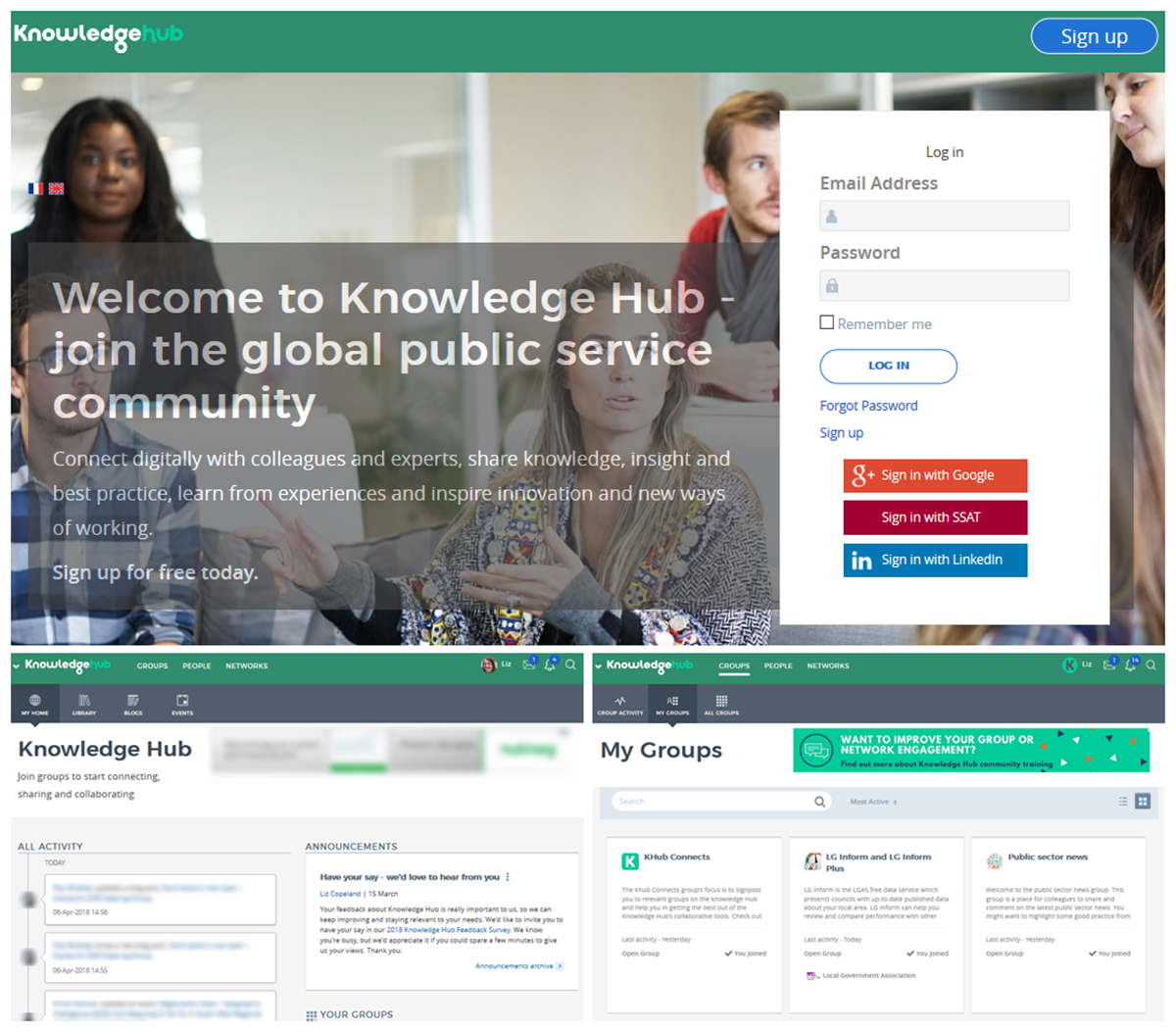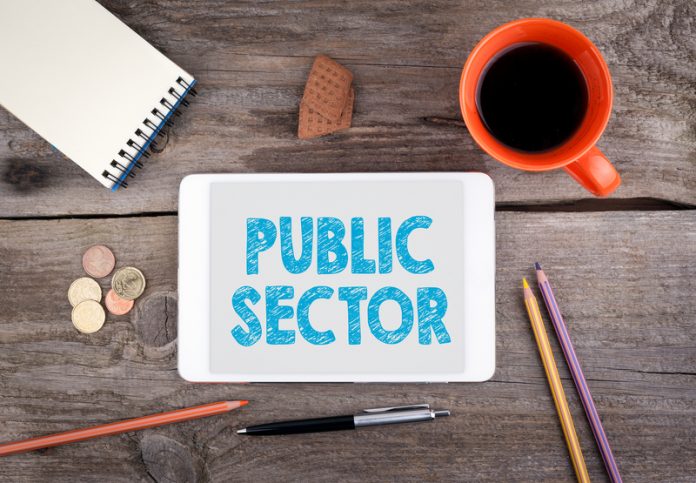Jason Fahy, CEO of Knowledge Hub reveals how the firm’s feature-rich digital tool-set is breaking down boundaries in the public sector
With the year on year reduction in public sector spending unlikely to change any time soon, the ability to share knowledge, source rapid answers and to remove duplication is increasingly important if shrinking resources are to be focused on delivering front-line services.
With a fast-growing community of over 160,000 professionals, spanning every corner of the public sector, Knowledge Hub is helping to remove traditional, organisational and geographical boundaries and making it easier to deliver results through collaboration. International working groups, cross-government communities of practice, time-limited project groups and leadership development cohorts are just some examples of how the platform’s community is exploiting its feature-rich digital tool-set.
Melissa Whittle, Engagement Co-ordinator at GeoPlace, describing the trusted online community they have built for local authority members to share best practice advice on addressing and street data said: “Knowledge Hub is about connecting and sharing in order to improve our knowledge and help us in our day to day work. It’s improved our communications 100% and improved our relationships with our community.”
The connected intelligence of the virtual community is where the strength lays. This is attractive to organisations who can tap into a wider knowledge pool and crowd-source answers from subject matter experts, instead of expensive consultants and who can reduce travel expenses by supplementing physical meetings with online activities. And there are benefits to the individual too, who can further their professional development through connecting with their peers, wherever they may be based, to share experiences and to give and get help.
Barrie Minney, Senior Enforcement Agent at Brighton & Hove City Council, reveals how the Local Authority Civil Enforcement Forum (LACEF) has saved money through sharing advice and best practice on local authority debt collection. “The group regularly helps a lot of us to learn new ways of working. Using the latest debt collection technique is one example. Being spread across the country and knowing what working practices are happening elsewhere allows us to improve how we do things”, he says.

Originated in the UK, Knowledge Hub now extends to 80 countries as the appetite to share knowledge and understand different approaches to common issues, grows. One such example is UDiTE, who use the platform to support the associations work in promoting relations between the professional associations of Chief Executives and Municipal Clerks representing European local authorities, to develop exchanges of information, to share professional experiences, contribute to the enhancement of the role and functions of local authorities and to contribute to democracy and the European Union.
Membership growth, to date, has been largely driven by peer to peer recommendation. However, more recently organisations such as the Cabinet Office, Health Education England and Public Health England have followed founding partners at the Local Government Association and the Improvement Service in Scotland in establishing their own branded networks on Knowledge Hub, to support their business objectives and to tap into the connected intelligence of the wider community.
With the recent announcement of its appointment as a platform partner of 100 Resilient Cities – pioneered by the Rockefeller Foundation, Knowledge Hub seeks to increase its global presence by supporting cities in engaging local communities on resilience initiatives.
Arguably, the blueprint for building online communities to unite resources around common goals is the Scottish Public Services Network, facilitated by the Improvement Service in Scotland. With over 20,000 users across 800 groups of interest the network supports local, national and cross-sector projects ranging from migration resettlement and public health reorganisation to digital transformation. Sarah Gadsden, Interim CEO describes Knowledge Hub as invaluable in joining up the many stakeholder bodies involved in the numerous initiatives supported by the Improvement Service.
Knowledge Hub is free to public service and not-for-profit organisations and their employees who can access the platform at www.khub.net/sign-up .
Please note: this is a commercial profile
Jason Fahy
CEO
Knowledge Hub
Tel: +44 (0)798 999 6205
Editor's Recommended Articles
-
Must Read >> A look back – and ahead – for public sector IT














